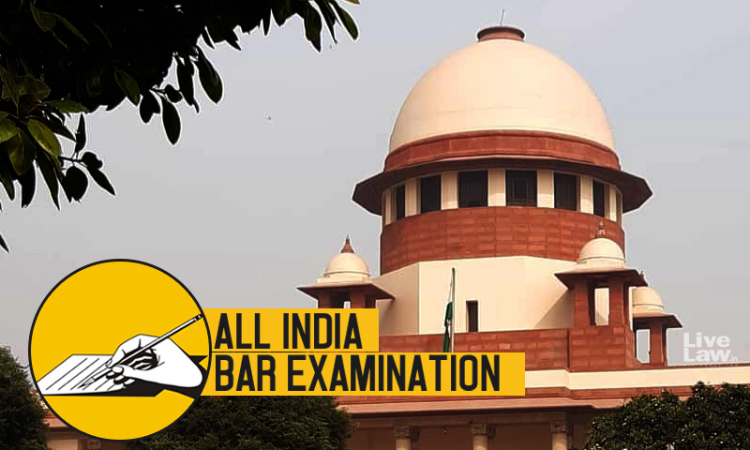Payment Of Stipend To Junior Lawyers A Real Issue, Observes Supreme Court During AIBE Hearing
Awstika Das
27 Sept 2022 10:21 PM IST

Next Story
27 Sept 2022 10:21 PM IST
A Constitution Bench of the Supreme Court on Tuesday while hearing a batch of petitions challenging the validity of the All-India Bar Examination, considered the issue of fairly remunerating junior advocates. The five-judge Bench comprised Justices Sanjay Kishan Kaul, Sanjiv Khanna, A.S. Oka, Vikram Nath, and J.K. Maheshwari. The Court is being assisted by the Attorney-General of India and...
